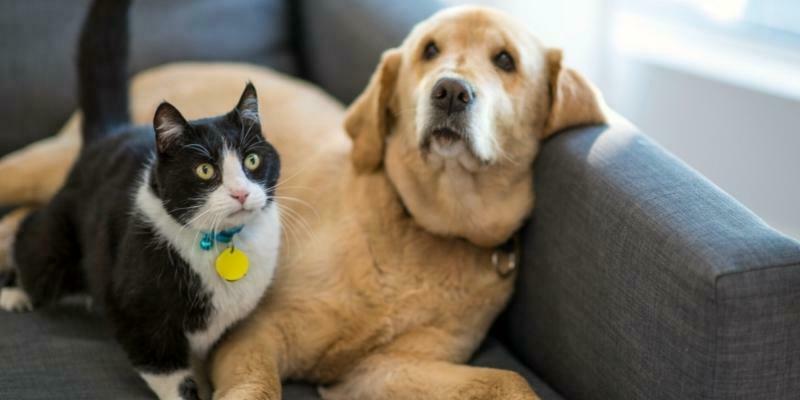As our beloved pets grow older, they may start to require our help with certain self-care tasks. Here are a few things that you might need to assist your senior pet with.
Grooming
Most elderly cats and dogs will require (and enjoy!) regular “beauty therapy” from their owners to help maintain their skin and coat health, due to a reduced capacity to groom themselves.
Short-haired pets will benefit from daily gentle brushing to remove loose hairs from their coat. Long-haired cats and dogs will often require deeper daily combing or brushing to prevent matting, or even the clipping of fur from their legs, tails or bodies to reduce grooming requirements entirely.
Most older pets will also need a nail trim every 6-8 weeks, due to a reduced ability to wear down their own nails. This will not only prevent painful overgrowth, but also improve their stability on slippery floors.
Going to the toilet
Sometimes, older pets require assistance getting to their toileting location, due to a reduction in night vision or reduced mobility.
If your pet has reduced vision, it can really help to place some night lights along their toileting path. It’s also best to ensure your pet’s toileting route has no stairs that they could fall down, and that all surfaces are non-slip. Cheap non-slip matting can be purchased from hardware stores and made into tracks.
If your pet is having mobility or strength issues, have a chat with our veterinarians about the best treatment options.
Sleep routines
Elderly pets can suffer from sleep disturbances due to age-related brain deterioration or other medical issues. If your pet is waking up inappropriately at night, it’s best to have us assess them. In many cases, we can diagnose and help manage the issue, so that you and your pet can catch some quality Zzz’s again!
Let us help your pet to age gracefully and comfortably.

